INTERVIEWS
Juan Pablo Ortiz
Interviewer: Marcela Torres Molano
Language of interview: Spanish
Country of practice: Colombia
Profession: Architect
Juan Pablo Ortiz is the founder and director of Juan Pablo Ortiz Arquitectos, an architecture studio based in Bogotá, responsible for the design and construction of the Centre of Memory, Peace and Reconciliation. According to Ortiz, in a transitional justice context, architecture should contribute to creating the most significant and best quality spaces of reconciliation, and foster symbolic actions that give new meanings to the space. He makes a clear distinction between memorials and monuments, and explains how memorials are the ones that generate active relations with the community, allowing the creation and preservation of rituals for memory.
During our conversation, Ortiz tells us about the main conceptual and spatial characteristics of the Centre of Memory, as well as the importance of the initial collaborative work with survivors. He narrates how land ownership has been the principal trigger of the conflict in Colombia, and explains this was the reason why the studio chose soil as the main element for the social actions of reconciliation, implemented at the beginning of the project. According to Ortiz, the main ethical problem of architecture for memory is understanding the public character of the building, and the responsibility to serve an entire community. For him, all architectural forms of memory must serve the community interests, and allow direct relation with the public space to foster open collective dialogues.
Further, Ortiz describes how the project allowed the development of community relations with the surrounding environment, which transformed the centre from a building into a place. Lastly, he talks about the importance of silence in spaces for memory, explaining how silence has been the foundation to generate communal relations and dialogue since ancestral times. He describes how one of the main objectives of the project was to create a place for silence that could give space to harmonious dialogues and words of reconciliation.
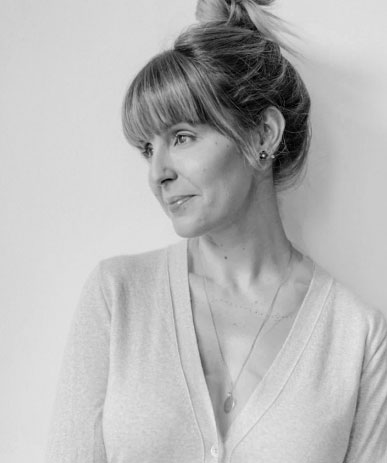
is an author, speaker, columnist, and podcaster in the fields of architecture and decorative arts. She is completing her MA in Art History at Concordia University, Montréal, and holds a Bachelor of Commerce with a major in Marketing from John Molson School of Business. She studied Industrial Psychology in Los Angeles, California. Sicotte is the author of two published books on design (2015, 2018) published by Les Éditions Cardinal.

is a Colombian PhD candidate in the Department of Art History at Concordia University. She has a background in architectural design and community activism and holds a master’s degree in Building and Urban Design from the Bartlett School of Architecture in London, England. Her interests focus on socially-engaged art, social movements, collaborative activism in post-conflict scenarios, collectively-produced art, and art produced in relation to the built environment.
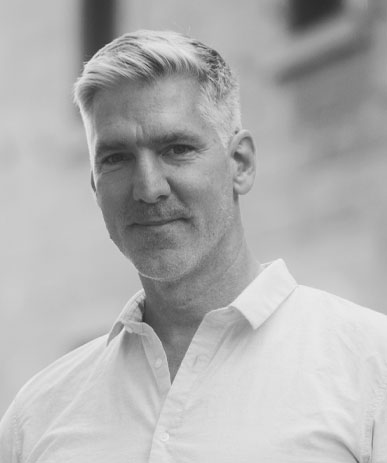
is a PhD candidate in Humanities at Concordia University. His research focuses on spatial agency, social aesthetics, youth narratives, and graphic representations of urban memory. He has published on the relationship between children, play, and public space in Cartagena, Colombia. He has also worked as an editor on literary projects, including Territorio Fértil, which received the María Nelly Murillo Hinestroza award for Afro-Colombian literature.
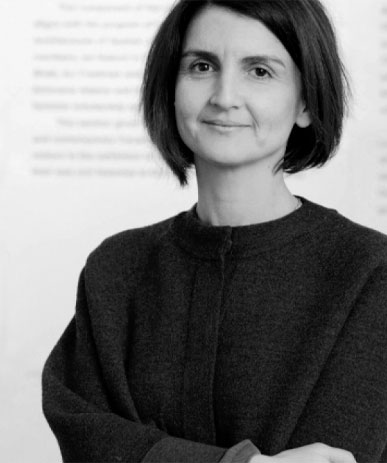
is Associate Professor and Canada Research Chair in Architectures of Spatial Justice (Tier 2) at the Peter Guo-hua Fu School of Architecture at McGill University, Montréal, Québec, Canada. Her research interests include low-income housing and participatory design, civil protest and urban design, and campus landscapes and race. Her publications include the co-edited book, Orienting Istanbul (2010) and solo-authored book, Istanbul Open City (2018).
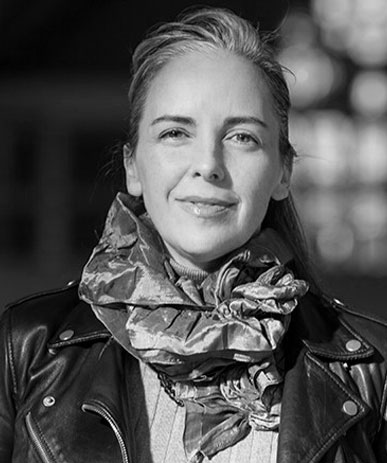
is an artist and a professor of Art History at Concordia University. Her work focuses on women and the history of the built environment, urban landscapes, research-creation, and oral history. She has published on the spatial history of the suffrage movement, public art, gardens, and the politics of urban change. In addition to her research on the spaces of restorative and transitional justice, she is leading an oral history project on the urban memories of diverse Montrealers.
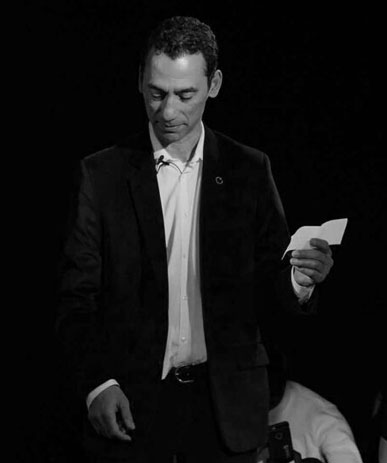
is Associate Professor in the Department of Theatre at Concordia University, Montreal (Quebec, Canada). He is also the second co-director of Concordia’s Centre for Oral History and Digital Storytelling. His latest publications explore listening in the context of post-conflict performances of memory. For instance, see ‘Facilitating voicing and listening in the context of post-conflict performances of memory. The Colombian scenario.’ In: De Nardi, S., Orange, H., et al. Routledge Handbook of Memoryscapes. Routledge: London. (2019), and his article ‘Not being able to speak is torture: performing listening to painful narratives’. International Journal of Transitional Justice, Special Issue Creative Approaches to Transitional Justice: Contributions of Arts and Culture. (March, 2020)